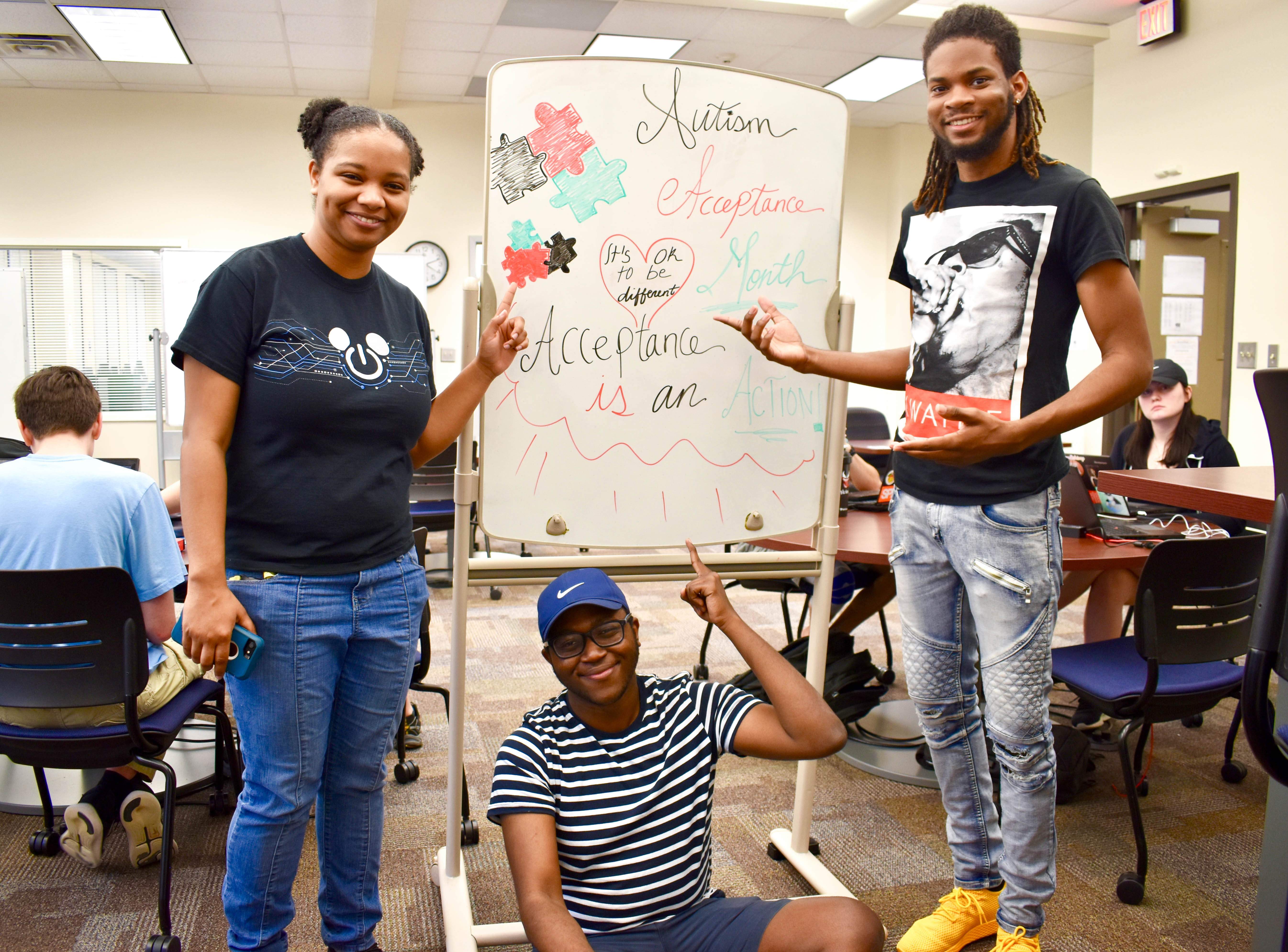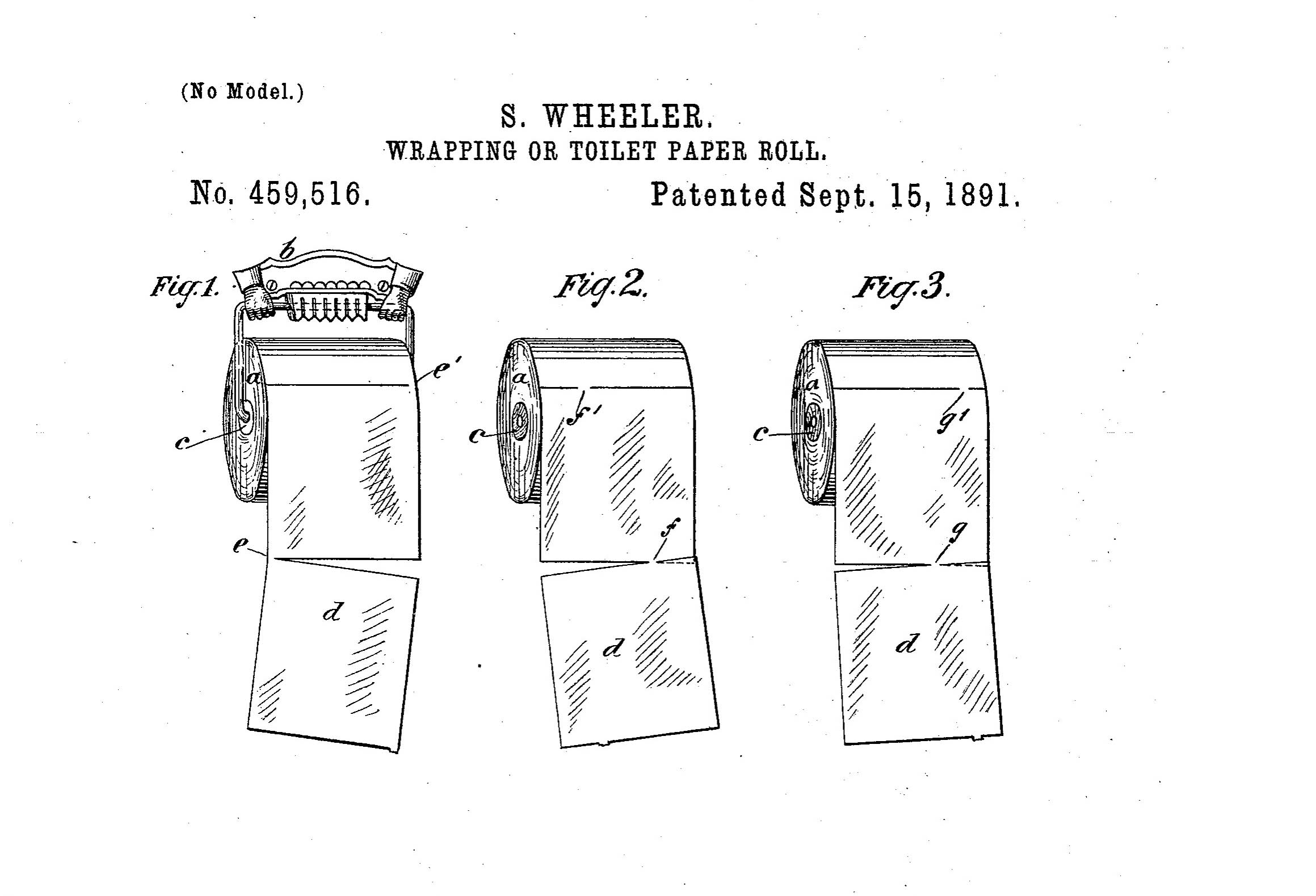The purpose of the higher education system is to prepare students to be well-rounded as they enter the workforce. Without a cap on the number of credit hours students are allowed to take, universities are more likely to fail their students in preparing them for the real world, and the contribution to society as a whole. The widespread university policy of credit hour capping ultimately works in favor of college students.
Kennesaw State has credit hour caps for their enrolled students, which is not uncommon across the American university system. KSU’s cap is 18 hours, while students with a GPA of 3.5 or above can be approved for 21 hours, according to KSU’s Academic Policies website.
The purpose of these caps is to prevent students from stretching themselves too thin.
Removing this cap on credit hours would open the door to increased academic rigor for students who pursue it. It is unavoidable that an increase in enrolled credit hours would also increase stress and decrease material absorption for KSU students.
One can illustrate student stress by observing depression and suicide rates among university students. According to the Anxiety and Depression Association of America, depression and anxiety are prevalent issues in colleges across the country, and one of the symptoms of depression is difficulty focusing on school work.
“I’ve worked full time the entire time I’ve attended KSU,” senior English major Brittany Rousselle said. “Working and taking a full course load every semester has definitely taken a toll on my mental health from time to time.”
Eighteen hours typically equates to six classes at a time per week for a typical three credit hours per class. The purpose of attending an institute of higher education is to learn, but the pressure of graduating forces many students to navigate school with the intention of passing as many classes as possible, as quickly as possible.
If one pushes their limits to take more than six classes, it is unlikely they will be able to allocate all of the attention necessary to every class in order to learn the material, which ultimately results in poorer academic performance. It seems that an increase in their course load would only result in an increase in work, not an increase in learning.
While the argument against credit hour caps focuses on the financial strain of school — if students can fit all of their courses into fewer semesters, they ultimately have to pay fewer university fees — students biting off more than they can chew ultimately hurts them more than the worth of graduating early.
According to a study conducted by Georgetown University, 70 percent of college students work while enrolled in school. An increased amount of credit hours for students who financially support themselves would reduce time students have to work to earn enough money to be self-sufficient.
Maintaining interpersonal relationships and basic personal hygiene would become a struggle as well.
“I know people who have tried to take 18 hours a semester to get through school faster, and they always end up either dropping classes or crashing and burning,” senior Spanish major Coty Peltonen said. “I know some people who would try to take even more classes if they had the opportunity, and it would end up even worse.”
Universities can heavily contribute to the wellbeing of their student body through credit caps. While many students have the ability to make the best decisions for themselves, it makes sense for universities to cap the number of credit hours students can take in order to protect their overall health.




